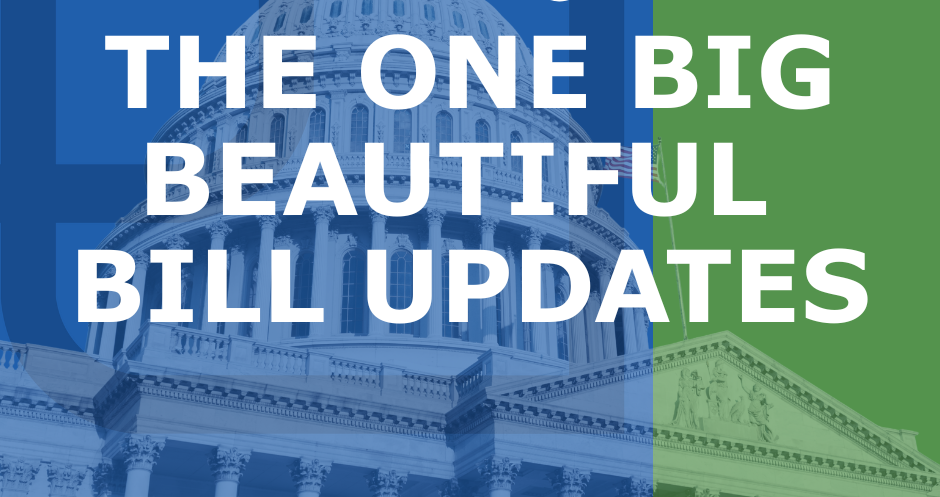The IRS Form 1099 series is a cornerstone of federal information reporting, used to report a wide range of payments made in the course of a trade or business. For tax year 2025, several important changes and clarifications affect who must file, what must be reported, and how forms must be delivered.
This article summarizes the key updates, compliance requirements, and practical considerations for businesses, tax professionals, and recipients.

1. Lowered E-Filing Thresholds
Beginning with returns required to be filed after January 1, 2024, the IRS has lowered the electronic filing threshold for information returns—including Forms 1099—from 250 to 10. This threshold is determined by aggregating all information returns of any type filed by a business in a calendar year. If the total is 10 or more, all must be filed electronically unless a waiver is granted for undue hardship.
2. New Reporting Thresholds and Law Changes
1099-MISC and 1099-NEC Thresholds:
For 2025, the reporting threshold for most payments remains $600, but the One Big Beautiful Bill Act (H.R. 1, 2025) increases the threshold for certain payees to $2,000 in 2026, indexed for inflation.
The 1099-K threshold for third-party network transactions is restored to $20,000 and 200 transactions, reversing the prior $600 threshold.
3. Deadlines and Delivery
1099-NEC: File with the IRS and furnish to recipients by January 31.
1099-MISC: File with the IRS by February 28 (paper) or March 31 (electronic); furnish to recipients by January 31.
Conclusion
The 2026 tax year brings significant changes to 1099 reporting, especially with the lowered e-filing threshold and new payment thresholds for certain forms. Businesses must review their payment processes, ensure accurate and timely reporting, and stay current with both federal and state requirements. If you have questions or would like tailored advice, our team at Rudler is here to help you.
Important: These are all new changes, and further guidance from the IRS and Treasury Department is expected. The details may change as new regulations and clarifications are issued. Be sure to consult with your tax advisor to understand how these changes affect your specific situation.
RUDLER, PSC CPAs and Business Advisors
This week's Rudler Review is presented by Nick Myers, Senior Accountant.
If you would like to discuss your particular situation, contact Nick at 859-331-1717.

As part of Rudler, PSC's commitment to true proactive client partnerships, we have encouraged our professionals to specialize in their areas of interest, providing clients with specialized knowledge and strategic relationships. Be sure to receive future Rudler Reviews for advice from our experts, sign up today !